True History of the Kelly Gang
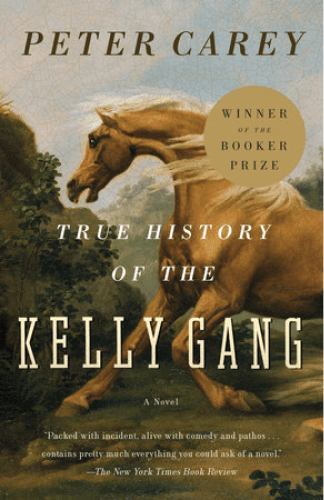
The question at the heart of the novel is whether an outlaw is born or made. While Kelly certainly can’t be taken as a wholly trustworthy narrator (he is, after all, writing his own legacy), he makes a compelling argument that poverty, abuse, lack of positive male role models, lack of education, and abuse pushed him into a life of crime. Students will see many parallels in both American popular culture and real life, and the book invites conversations about nurture vs. nature, the importance of supportive social structures for children and young adults, the exercise of free will, justice, and personal responsibility. Further, the novel offers perspectives on rural life, race, heroes and anti-heroes, and culture from an Australian perspective, which could spark discussions about the ways in which these topics are depicted differently or similarly to how they are in the U. S. There is no question that the novel also interrogates history, the writing of history, and the veracity of historical documents.
Autobiography of Malcolm X
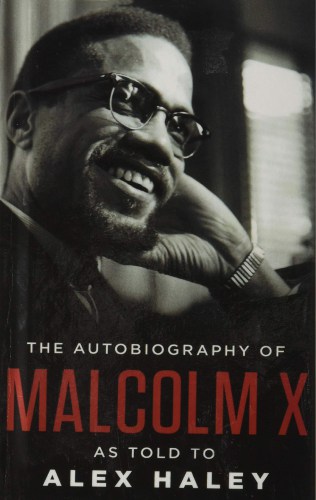
This text is about transformation. It chart’s the course of a man’s life from criminality and excess to religious devotion and political activism. Centered in the life of Malcom X is the transformative power of texts. His life emphasises the powerful role authors from the past may play in opening the mind to new ideas and perspectives while encouraging us to take new steps. X’s life also exemplifies the strength required to make transformative changes in one’s own life. His painful break with Elijah Muhammad proivides a moving account of the struggle required to live truthfully, especailly when doing so may result in the expulsion from one’s community and require a reorientation of one’s goals.
Dr. Jekyll and Mr. Hyde
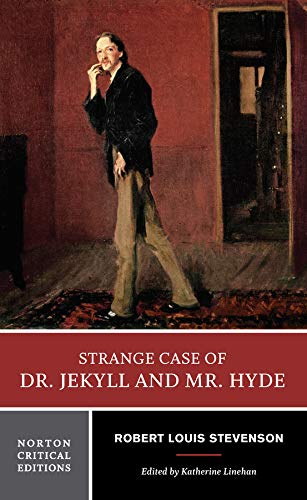
Strange Case of Dr. Jekyll and Mr. Hyde is suitable for a variety of community college courses and can be included in units of differing lengths and focuses. A seemingly simple story of approx. 60 pp., the novel has been frequently dismissed as “sensationalist fiction” concerned only with lurid, grisly violence and depravity. Jekyll is, however, an amazingly rich tale of a human who pursues indulgence in unspecified pleasures, vices, or criminal actions while attempting to maintain social respectability in Victorian society. As a result, in addition to literature and composition courses, the text is useful as a basis of discussion in the environments of psychology, sociology, criminology, genetics and physiology, human sexuality, gender studies, LGBTQ+ studies, and others.
Annihilation of Caste
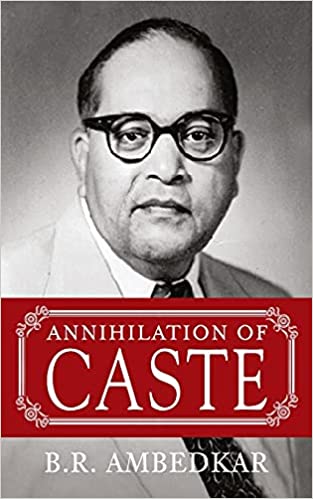
Annihilation of Caste is an authoritative text about social hierarchy and denial of basic human rights. It discusses how one class constructs political, legal, and social systems through which basic human rights including right to education, occupation, movement, and freedom to consume food of one’s choice is denied to a large section of the society, who then are forced to live in abject poverty. The first and second year students can effortlessly relate to the arguments made by Ambedkar as many of students have experiences discrimination based on race, sexual orientation, religion, ethnicity, or class themselves or are aware about these discriminations as they are discussed in news or social media platforms. Faculty should consider using this text as it demonstrates the universal aspect of class division and how different communities have established diverse methods to control one class over another.
Civilization and its Discontents
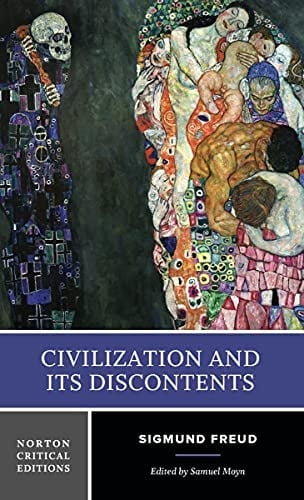
Admittedly, Civilization and its Discontents paints a bleak view of the possibilities for both the individual and civilization. In Freud’s view, human beings are caught, seemingly eternally, between a rock and a hard place. But the book itself provides so many opportunities for debate—about religion, which Freud considers a “mass delusion.” About the Arts, which are not something that anyone “would care to put . . . in the background as trivialities” but which are also “useless” and “with no practical value whatever.” About love. About suffering. About addiction. At its core, the book invites a debate about basic human nature—are we capable of transcending aggression? Is our core hostile and selfish?
Paradise Lost
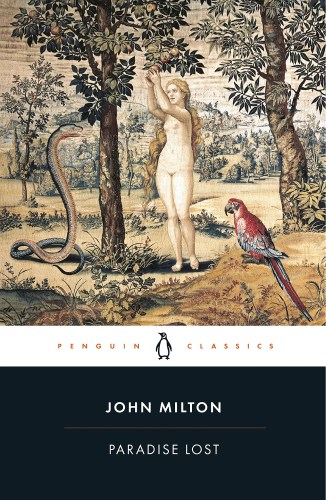
Paradise Lost poses one significant question after another: Are our paths predestined or do we have free will? Is knowledge good or dangerous? To what lengths will we go for companionship and what is going too far? What is a righteous ruler and what is tyranny? Is rebellion against tyranny ever permissible or justifiable? What is Hell and what is Paradise? How does a victor emerge in a war between immortals? These are questions without answers, but ones that matter to students and that they relish the opportunity to struggle through. (Actually, Milton makes it pretty clear that a war between immortals will always end in a draw.)
Meditations on First Philosophy
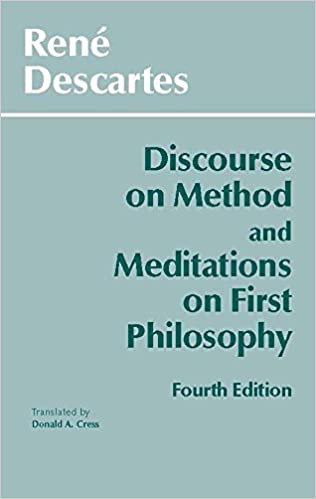
The Meditations, by Rene Descartes, is a pivotal text, marking the break between distinctive ancient and modern conceptions of self and world. In the preface to the work, addressed to the Sorbonne, Descartes explicitly states that his goal is to prove the existence of God and the soul. However, the world Descartes recovers after all his doubt is not the one we left behind. Colors are no longer in the object, but are relegated to mere secondary qualities in us. The bodies that inhabit this world are no longer understood through Aristotelian natures, but rather, their essence is captured by their mathematical (geometrical and arithmetical) properties and relations alone. In this way, Descartes sets the metaphysical foundation for the emerging physical sciences of the early modern period.
The Awakening
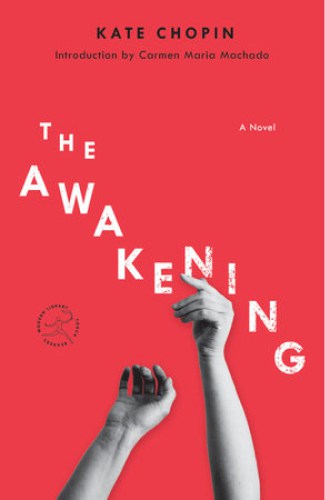
’Yes,’ she said. ‘The Years that are gone seem like dreams-if one might go on sleeping and dreaming- but to wake up and find- oh! Well! Perhaps it is better to wake up after all, even to suffer, rather than to remain a dupe to illusions all one’s life.(133) Kate Chopin Does free will exist? […]
Ain’t I a Woman
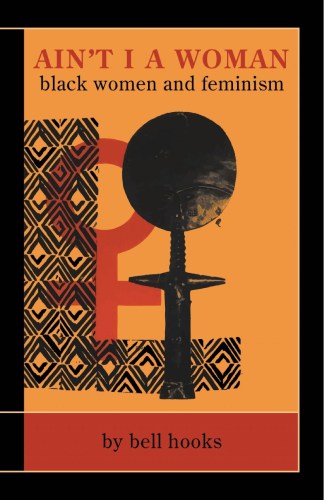
This text shines a light on a major gap in feminism and civil rights movements and traces the damaging and pervasive oppression and disregard for black women. She makes visible and clear the struggles of black women in America while also tracing the origins and roots of a dual racial and sexist oppression through slavery and into the 20th century. It is the first major study looking at the intersection of racism and sexism in the lives of black women.
Hebrew Bible and New Testament
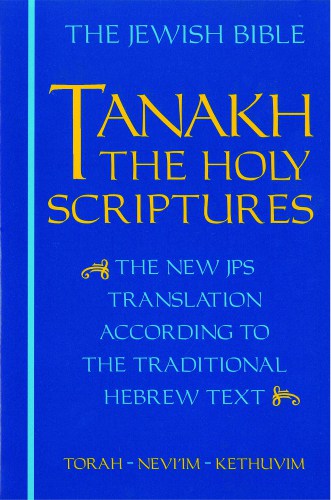
The transformational power of the Hebrew Bible and New Testament is undeniable. Both make claims about the human relationship to the divine, the origins and nature of the world, and the sort of life one ought to live in response to these truths. These texts have shaped entire civilizations and innumerable individual lives, and most students will be aware that much is at stake in discussing them. The challenge in class is make possible a serious engagement that respects the stances taken by a wide variety of students – from those who live within the faith traditions these texts represent, to those who are more or less indifferent to religious truth claims, to those who actively reject them.

